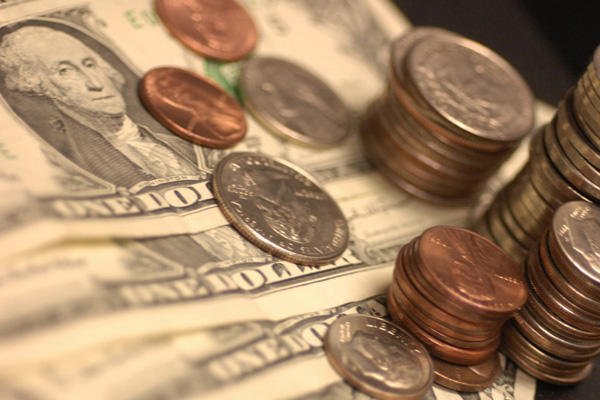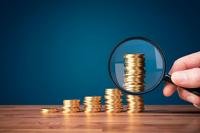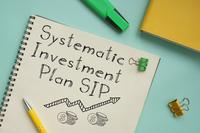What does it mean to be financially free? While it's different for each person, a basic definition encompasses being able to weather financial setbacks and not worrying about boom and bust periods. When you're reliant your next paycheck for your basic needs, then it's time to think about how you can work towards being financially free.
Here are a few questions to ask yourself to determine if you are financially free:
- Do you live paycheck to paycheck?
- Do you have an emergency fund?
- Do you have savings?
- Do you have investments?
- Do you have a retirement fund?
- Do you have more than one source of income?
- Do you have a budget?
- Do you have a plan for surviving a financial setback?
If you answered yes to many of these questions (except that first one), then you are well on your way to financial freedom. Congratulations! However, if you answered no to many of these, then here are a few tips to help you become financially free.
With 76% of Americans living paycheck to paycheck, this is an important place to start. It's a vicious cycle, however, and it can seem overwhelming to break the chain. Nonetheless, there's hope: no matter how much or how little you make, there are always places where you can build savings.
First, you're going to need a budget. Where does your money go? Try tracking your expenses for a month. Where can you cut a few expenses? Perhaps you eat out a lot or love to grab a coffee in the morning. These are places where it is relatively easy to not spend so much money.
The next step is to build an emergency fund, because the rainy day always comes. Your emergency fund should be three to six months of expenses. If that seems too overwhelming, focus on developing the first $1000 for the emergency fund. The peace of mind you'll experience will be well worth it.
One way to develop an emergency fund is to pay your savings first. For instance, if you set up a savings account and have the funds automatically come out of your paycheck, you won't even miss it. My credit union also offers a fantastic program where they automatically round up the cents from each debit transaction. That money is entered into a separate account from my main checking account. By the end of the month, all of those cents add up to savings.
Once you develop an emergency fund, start working on your savings. Put the skills and techniques you learned in creating your emergency fund and commit them to your savings for the next step.
Another important part of becoming financially free is to make regular payments on your debt. The concept of the debt snowball is important here. Pay off your smallest debt first so you will be motivated to pay off the rest of your larger debts. Focus on getting out of debt as quickly as possible. By attacking your debts, you'll be in a much better place to reach financial freedom.
This will work no matter if you have student loans, credit card debt, or a mortgage. For instance, one small business owner paid off over $14,000 in debt in less than two years. The other benefit of paying off your debt is it will do wonders for your credit score.
Once you've developed a budget, an emergency fund, savings, and a plan of attack on your debt, then it's time to consider the future. While it's not human nature to work for a far-off goal, you can make retirement an important part of your financial security. While Social Security and military pension payments will make up a portion of your retirement funds, you'll want to ensure your retirement is going to be financially stable. With people living much longer than they used to, many Americans are at risk of their retirement funds running out. Determine how much you need to save up. For many, that number is $1 million, but it's likely for younger folks that they'll need to save even more.
What can you do to supplement your savings? You may want to look into investing in the stock market through a 401K or Roth IRA account. Even a small monthly contribution now will add up to big savings later on through the miracle of compound interest. You'll thank your wiser, younger self when you're retired with a nice nest egg for your golden years.
No matter what financial freedom means to you, these are the first steps you'll need to take to reach security. Once you're beyond meeting your basic needs living paycheck to paycheck, you'll achieve peace of mind and financial freedom. That's not a bad exchange for a little discipline.
Retirement and the Future
Pay Down Your Debt
Developing An Emergency Fund
Stop Living Paycheck to Paycheck




